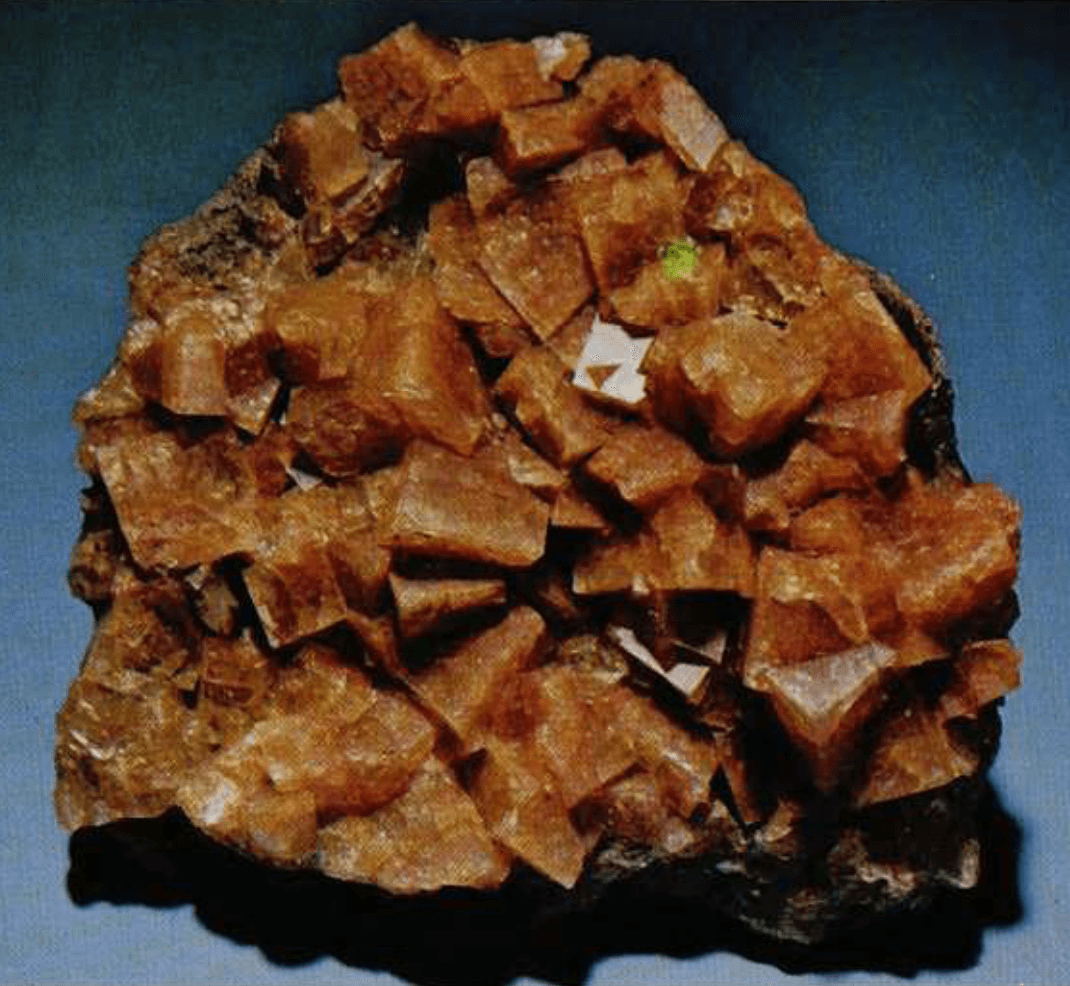Chabazite Value, Price, and Jewelry Information
Although faceting chabazite isn't too difficult, it's too soft for jewelry. However, only a handful of cut chabazites may exist because facetable material is extremely scarce.
1 Minute Read
Although faceting chabazite isn’t too difficult, it’s too soft for jewelry. However, only a handful of cut chabazites may exist because facetable material is extremely scarce.
Start an IGS Membership today
for full access to our price guide (updated monthly).Chabazite Value
Comments
Chabazite refers to a series of related minerals. This series include calcium (Ca), potassium (K), magnesium (Mg), sodium (Na), and strontium (Sr) dominant members. The sodium-dominant member is also known as herschelite.
This stone can show pale but attractive colors. Unfortunately, it's too soft to wear (hardness 4 - 5) and rarely found in clean condition. Usually, faceters can cut only one corner of pinkish or colorless crystals, since they're never entirely transparent. Even museum collections seldom possess cut material.
This rare, relatively little-known gem has a poetic but mangled etymology. The name "chabazite" comes from a poem attributed to the poet Orpheus from Greek mythology. However, the actual source, the 4th century CE Orphic Lithica of Pseudo-Orpheus, refers to chalazias, a stone said to be like hail. According to this mystical work, the stone purportedly cooled passions and cured fevers and snakebites. Evidently, its magical purview doesn't include typos. The "b" in the modern name came from a misspelling in a text of the poem used in the 18th century.
What was chalazias? Possible identities for this gem range from quartz to diamond. Chabazites have been found in Greece, Cyprus, and the Aegean region, too.
Identifying Characteristics
Chabazite's optic sign may vary. It may be uniaxial positive or negative.
Synthetics
Labs have created synthetic minerals, like SSZ-13, isostructural with chabazite. (They share the same crystal structure but not the same chemical composition). These materials only have industrial uses.
Sources
- United States: California; Colorado; Hawaii; Nevada; New Jersey; Oregon.
- Canada: Bay of Fundy district, Nova Scotia.
- Australia; Cyprus; Czech Republic; Germany; Greece; Greenland; Hungary; India; Ireland; Italy; Russia; Scotland; Slovakia.
Stone Sizes
Cut chabazites are always very small, usually less than 1-2 carats.
Care
You're more likely to find chabazites in mineral collections, if at all, than in jewelry collections. These gems have significantly lower hardness than common jewelry stones, such as quartz and topaz, not to mention diamond. Therefore, store them separately from other gems to avoid contact scratches. For cleaning, use a soft brush, mild detergent, and warm water. Consult our gemstone jewelry cleaning guide for more recommendations.
Joel E. Arem, Ph.D., FGA
Dr. Joel E. Arem has more than 60 years of experience in the world of gems and minerals. After obtaining his Ph.D. in Mineralogy from Harvard University, he has published numerous books that are still among the most widely used references and guidebooks on crystals, gems and minerals in the world.
Co-founder and President of numerous organizations, Dr. Arem has enjoyed a lifelong career in mineralogy and gemology. He has been a Smithsonian scientist and Curator, a consultant to many well-known companies and institutions, and a prolific author and speaker. Although his main activities have been as a gem cutter and dealer, his focus has always been education.
Related Articles
Taafeite Value, Price, and Jewelry Information
Glass Value, Price, and Jewelry Information
Chrysoprase Value, Price, and Jewelry Information
Dickinsonite Value, Price, and Jewelry Information
Never Stop Learning
When you join the IGS community, you get trusted diamond & gemstone information when you need it.
Get Gemology Insights
Get started with the International Gem Society’s free guide to gemstone identification. Join our weekly newsletter & get a free copy of the Gem ID Checklist!




